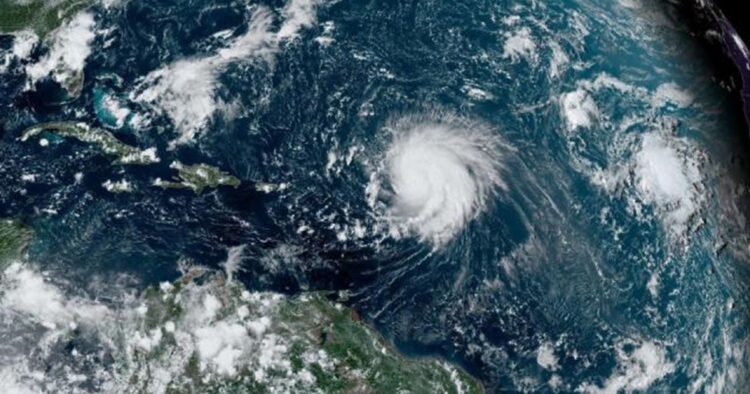For an entire year now, the world’s oceans have been experiencing extraordinary heat, setting new temperature records every single day. This startling revelation comes from recent data provided by the National Oceanic and Atmospheric Administration (NOAA) and the University of Maine’s Climate Reanalyzer. The trend of breaking daily temperature records began in mid-March of the previous year, causing widespread concerns among scientists about its impact on marine life and global weather patterns.
According to Joel Hirschi, an associate head of marine systems modeling at the National Oceanography Centre in the UK, the magnitude by which previous sea surface temperature records have been surpassed in both 2023 and now in 2024 is truly remarkable. Gregory C. Johnson, an oceanographer at NOAA, reported that global average ocean temperatures in 2023 were 0.25 degrees Celsius warmer than the previous year, equivalent to about two decades’ worth of warming in just one year. This surge in temperatures has caught many experts by surprise.
Scientists attribute this surge in ocean heat to human-induced global warming, which is being exacerbated by the natural climate phenomenon known as El Nino, characterized by higher-than-average ocean temperatures. The consequences of this warming are dire for marine life and global weather patterns, as warmer oceans can intensify hurricanes and other extreme weather events such as heatwaves and heavy rainfall.
One of the most visible impacts of high ocean temperatures is the catastrophic bleaching of coral reefs. Australia’s Great Barrier Reef, for instance, is currently experiencing its seventh mass bleaching event due to heat stress. When corals are subjected to prolonged high temperatures, they expel the algae living in their tissues, leading to starvation and eventual death if temperatures remain elevated.
Data from NOAA’s Coral Reef Watch tool suggests that coral bleaching is a global issue, with the potential for a fourth mass bleaching event looming in the near future. Moreover, warmer ocean temperatures in regions like the North Atlantic, critical for hurricane formation, are unprecedented, leading to concerns about the upcoming hurricane season.
Experts warn that if high ocean temperatures persist into the second half of 2024 and a La Niña event, El Niño’s counterpart, develops, the risk of a highly active hurricane season could increase significantly. Approximately 90% of the excess heat generated by burning fossil fuels is absorbed by the oceans, making them a crucial indicator of global warming.
While the weakening of El Nino and the eventual dissipation of this climate pattern may bring some relief in ocean temperatures, it’s uncertain when temperatures will drop below record levels. However, as long as greenhouse gas concentrations in the atmosphere continue to rise, experts anticipate that ocean temperatures will continue to break records, underscoring the urgent need for concerted global action to mitigate climate change.

















Comments